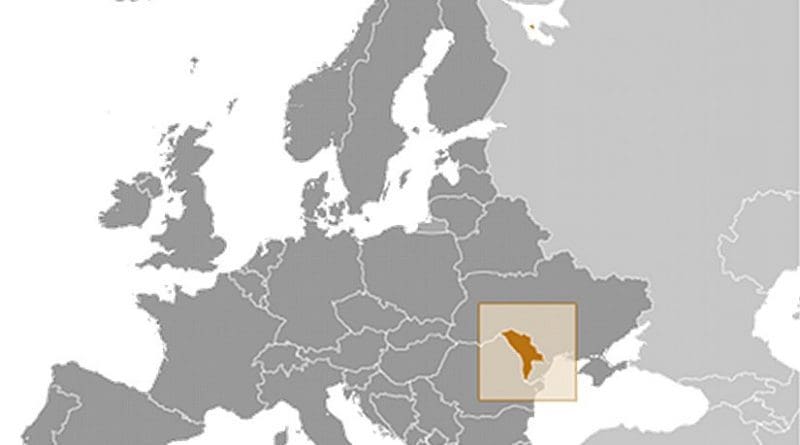Moldova: Pro-Russia Candidate Wins Presidency
By Marian Chiriac
The almost final results of the presidential election in Moldova show a clear victory for the leader of Socialist Party, Igor Dodon, with around 52.3 per cent of the vote. His pro-EU rival, Maia Sandu, won 47.7 per cent.
Dodon, 41, a former trade minister under a former communist-led government, has called for closer ties with Russia but has promised to be also a president for all Moldovans.
The people had voted “for friendship with Russia, for neutrality, for our Orthodoxy, for the unity of the country in settling the conflict in Transdniester,” Dodon said early on Monday, referring to the breakway region controlled by the Kremlin.
“The first step has been made,” he added.
Dodon, in an earlier campaign speech, said Moldova had lost access to a massive economic market due to its poor relations with Moscow.
Russia placed a trade embargo on Moldovan wine and fruit imports soon after Chisinau in 2014 signed an association agreement with the European Union.
Moreover, Dodon is hoping better relations with Russia will help Moldova to solve the long-lasting dispute with the4 self-proclaimed Republic of Transdniester.
The region is inhabited mainly by Russian-speaking population, which broke away from Moldova in 1991 following a short war that killed several hundred people.
“I continue to believe that country’s federalisation by granting a special status to Transdniester is the only solution,” Dodon said on Monday.
Russia has thousands of troops stationed as peacekeepers in the breakaway region.
Analysts say Dodon’s victory is mainly due to popular dissatisfaction with successive pro-EU governments in recent years.
Political turmoil followed a huge bank fraud in which up to $1 billion US, about a fifth of country’s annual Gross Domestic Product, vanished from three local banks ahead of the 2014 elections.
Since then, three successive cabinets have changed, and one former Prime Minister has been arrested and accused of corruption and of accepting a bribe related to the bank fraud.
The current ruling coalition describes itself as pro-EU, but is widely seen as weak due to internal infighting.
EU member Romania, which is carefully following the situation in neighbouring Moldova and is interested in having a reliable, pro-European partner in Chisinau, has not yet made any official comments on the elections results but is clearly disappointed.
Bucharest-based political analyst Sorin Ionita said Maia Sandu’s did well in difficult circumstances.
“It is impressive that in less than a year a candidate was able to get 48 per cent of the votes wihtout almost any financial resourses and without any support from the mainstream media,” Ionita said.
“The vote for Sandu shows that more and more Moldovans are really supporting an European project … and that the future is theirs,” he added.
Sandu, a former World Bank economist and education minister, called for anti-corruption reforms but said Moldova’s prosperity and security could be best guaranteed by closer ties to the European Union.
This was the first time since 1996 that Moldova elected its president directly through a vote. They were previously selected by lawmakers in a process that consistently led to deadlock in the country’s fractious governments.
Moldova’s constitution places most executive power in the hands of the prime minister. However, the presidency has the authority to propose legislation and to reject and return proposed laws to parliament for further consideration.
Moldova was part of Romania from 1918 to 1940 when it was annexed by the Soviet Union. It became independent in 1991.
It shares the same ethnic and linguistic background as Romania. Today, about 80 per cent of Moldova’s population of 4.1 million are of Romanian ethnic origin and speak Romanian – although the country’s constitution calls the language Moldovan. Russian is also an official language.
Russia and neighbouring EU member Romania have long vied for influence in Moldova.

